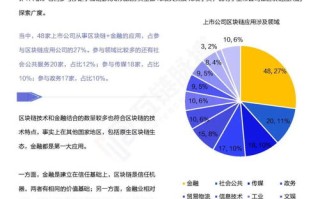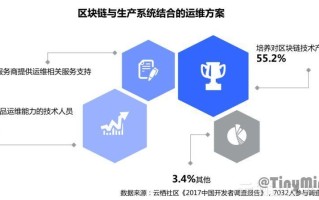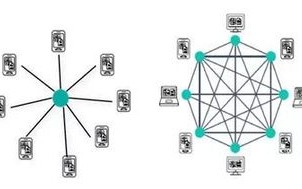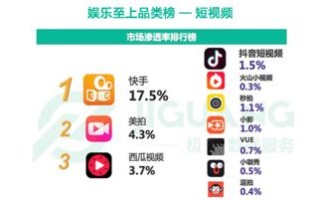Exploring the Potential of Blockchain in the Fishing Industry
Introduction
The fishing industry is a crucial component of the global economy, providing food, employment, and livelihoods to millions worldwide. However, it faces numerous challenges, including overfishing, illegal fishing, lack of transparency in the supply chain, and unsustainable practices. Blockchain technology has emerged as a promising solution to address many of these issues by providing transparency, traceability, and efficiency throughout the seafood supply chain. This article explores the potential applications of blockchain technology in the fishing industry and its implications for sustainability, transparency, and trust.
1. Traceability and Transparency
One of the primary benefits of blockchain technology in the fishing industry is its ability to provide endtoend traceability and transparency. By recording each transaction or event on a decentralized ledger, stakeholders can track the journey of seafood from ocean to plate with unprecedented accuracy. This transparency helps to combat illegal, unreported, and unregulated (IUU) fishing by making it easier to verify the source of seafood and ensure compliance with regulations.
2. Supply Chain Management
Blockchain enables more efficient supply chain management by streamlining processes, reducing paperwork, and minimizing manual errors. Smart contracts, selfexecuting contracts with the terms of the agreement directly written into code, can automate various aspects of the supply chain, such as payments, certifications, and quality control. This automation not only improves efficiency but also reduces the risk of fraud and ensures that all parties adhere to agreedupon standards and regulations.
3. Sustainability and Conservation
Blockchain technology can play a crucial role in promoting sustainability and conservation efforts in the fishing industry. By providing transparent and verifiable data on the origin of seafood, consumers can make informed choices and support sustainable fishing practices. Additionally, blockchain can incentivize responsible behavior through tokenization and decentralized finance (DeFi) mechanisms, rewarding fishermen and seafood producers for adopting sustainable practices such as selective harvesting, habitat protection, and reduced bycatch.
4. Consumer Trust and Authentication
In an era of increasing concern about food safety and authenticity, blockchain technology offers a means to build trust between consumers and seafood producers. By providing immutable records of each transaction, blockchain can verify the authenticity and quality of seafood products, reducing the risk of food fraud and mislabeling. Consumers can scan QR codes or use mobile apps to access detailed information about the provenance, fishing methods, and sustainability certifications of the seafood they purchase, empowering them to make ethical and informed choices.
5. Regulatory Compliance and Certification
Blockchain technology simplifies regulatory compliance and certification processes by creating a tamperproof record of compliance data, certifications, and audits. Regulators can access realtime information on fishing activities, quotas, and environmental impact assessments, enabling more effective monitoring and enforcement of regulations. Moreover, blockchainbased certification schemes, such as the Marine Stewardship Council (MSC) or the Aquaculture Stewardship Council (ASC), can enhance the credibility and integrity of sustainability claims by providing transparent and auditable proof of compliance.
Conclusion
Blockchain technology holds immense promise for transforming the fishing industry by enhancing traceability, transparency, sustainability, and trust throughout the seafood supply chain. By leveraging blockchain solutions, stakeholders can combat illegal fishing, improve supply chain efficiency, promote sustainable practices, build consumer trust, and ensure regulatory compliance. However, widespread adoption will require collaboration between industry stakeholders, governments, regulators, and technology providers to overcome technical, regulatory, and interoperability challenges. Nevertheless, the potential benefits of blockchain in the fishing industry are undeniable, offering a pathway towards a more transparent, sustainable, and ethical seafood supply chain.

References:
1. Food and Agriculture Organization of the United Nations (FAO) Blockchain Application in Fisheries and Aquaculture: Opportunities and Challenges.
2. World Economic Forum (WEF) Blockchain Beyond the Hype: Transforming Seafood Traceability and Transparency.
3. The Guardian Can Blockchain Technology Clean Up the Mess of Fishy Supply Chains?
4. Marine Stewardship Council (MSC) Blockchain and Seafood Traceability: A Revolution in the Making?
5. Aquaculture Stewardship Council (ASC) Using Blockchain Technology to Verify Responsible Practices in Aquaculture.
标签: 区块链系统软件开发 区块链Filecoin今年能涨到50美元吗 区块链fiscobcos 区块链交易所开发 区块链Firefox







